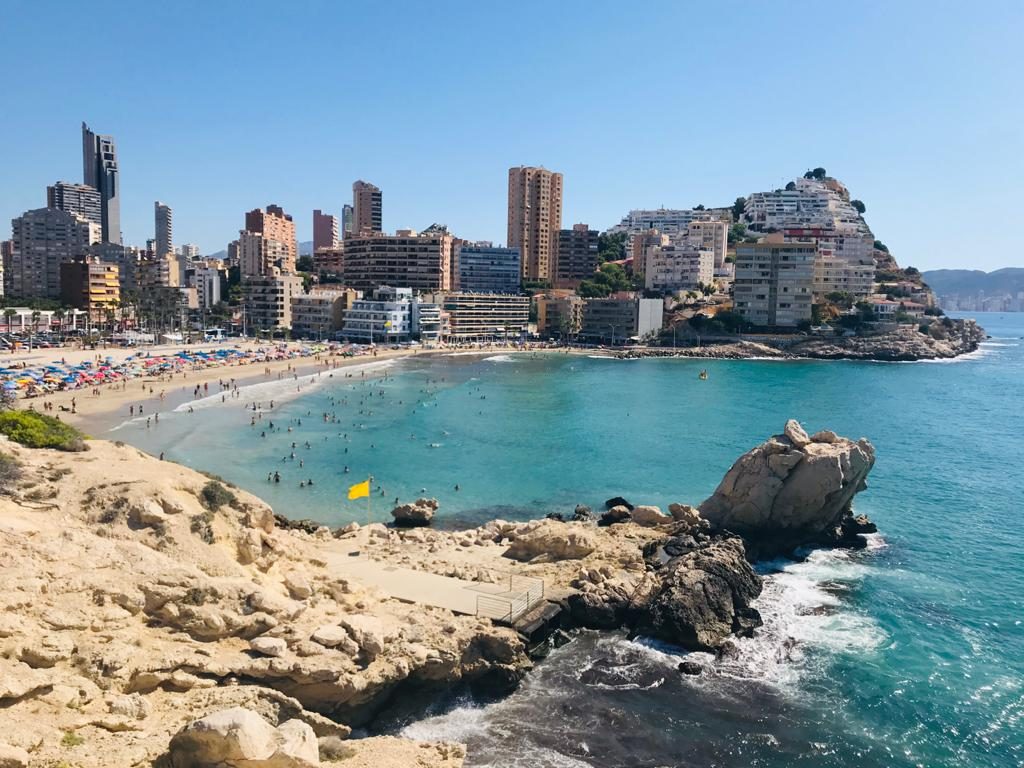
Finestrat celebrates this year the 745th anniversary of the granting of the Carta Pobla
Finestrat celebrates this year the 745th anniversary of the granting of the Carta Pobla
This year Finestrat celebrates its 745th anniversary. It was in the thirteenth century when King Pedro III granted the municipality its Carta Pobla, that is, its founding legal document under the Christian regime. It is a key moment in history because it was a further step in the evolution that all peoples are experiencing, although their inhabitants, in the short term, hardly noticed the changes, they simply stopped paying tribute to the Islamic regime to do so to that of the son of King Jaume I. However, the new system introduced an element: emphyteusis, which was the name given to the possibility that the peasant could become the owner of the land he worked, giving rise to the seed that would make possible the birth of the Valencian middle class much later.
This was a determining factor in understanding the entrepreneurial character of the inhabitants of the Spanish east. The Kingdom of Aragon, made up of Aragon, Catalonia and the Valencian Community, was not governed by the same laws as the rest of Spain and medieval Europe. It is in this Carta Pobla that the change takes place and a new distribution of the land is established, by which each person belonged to six yugadas, this being an average of the area comparable to what two oxen can plough in a day.
This difference, which the Kingdom of Aragon maintained with its Andalusian, Extremaduran or Castilian neighbours, was of enormous importance because it allowed the emergence of the middle classes. Once the lord was paid the 12 sous, the surplus money could sometimes be saved, and over time, they were able to acquire land or become merchants. This small nuance, which King Jaume I introduced into the tax system, made these areas of Spain more dynamic and wealthy compared to other territories, which still today need more support to develop.
This payment of the twelve salaries was made on Easter Day, when the feast of L'Ereta was celebrated, a festival that the inhabitants of Finestrat have been able to preserve to this day.













There are no comments